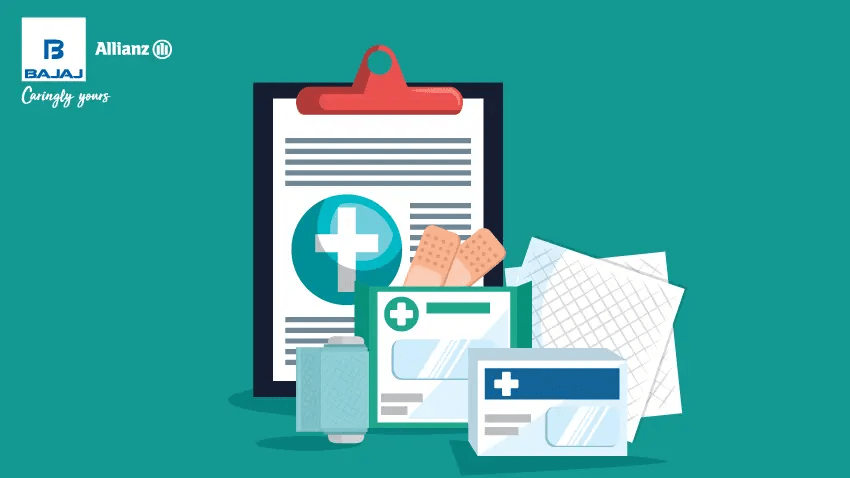Any medical expense that is incurred by a person or the family including senior citizens is eligible to avail of the tax benefit under Section 80D.
If the incurred medical bills are paid by the person for parents or directly by the senior citizen are also entitled to the tax benefit under Section 80D.
Who is a Senior Citizen?
A senior citizen is a person who is 60 years of age and above.
Is There Any Limit to Claim the Medical Bills?
The
Income Tax Act permits the taxpayer to claim the maximum deduction of Rs 50,000 for the medical expenses incurred by senior citizens.
It means that a senior citizen who is 60 years of age and above can claim medical expenses for up to Rs 50,000. In case a person is paying an additional premium for their parents who fall in the category of 60 years and above can claim an additional deduction of up to Rs 50,000.
This is the overall limit within Section 80D of the Income Tax Act. It is important to pay the
health insurance premium in time and remain worry-free.
What is Covered Under the Medical Expenditure?
The Income Tax Act has clearly not defined medical expenditure. However, the medical expenditure should ideally cover all the medical expenses. Regardless of whether or not such expenses are covered within the health insurance plan. Expenses for medicines, consultation charges, etc. can be claimed as a deduction.
The medical expenditure on certain specific diseases or illnesses is also covered under
Section 80DDB. In case the person has exhausted the limit under this section, then one can claim a deduction for the incurred medical expenses under Section 80D. However, the other condition needs to be fulfilled.
Wondering what are those conditions?
Read ahead!
- The incurred expenses should only be for the person who is 60 years of age and above.
- The person need not be covered under any other health insurance plan.
The expenses for specified diseases can be easily claimed under Section 80DDB. The amount of deduction is on the premise of the person's age for whom the claim is to be made. Yet, in case of the deduction for the medical expenditure within Section 80D, all the types of medical expenditure will be covered provided the person is eligible.
What are the Documents Required to Claim Tax Benefits?
The Income Tax Act does not specify what documents that need to keep handy to claim such a deduction. However, it is of extreme importance to keep documentary proof such as the medicine invoice, medical bills, doctors' prescriptions, diagnostic tests, etc. You should be well-prepared with substantial evidence in case the income tax department asks to prove the claim of the deduction.
What is Going to be the Mode of Payment?
It is recommended to use the online payment mode when it comes to paying the health insurance premium or incurring medical expenses.
One can use various banking channels such as net banking, debit card, etc., or even digital channels such as mobile wallets, UPI, and so forth.
It is to be noted that the payment made on the medical expenses in cash will not be quantified for any deduction within this Section.
Over to You
Earlier the
health insurance policy for senior citizens had a high premium. Besides, the health insurance companies were reluctant to offer medical insurance to senior citizens with any pre-existing diseases.
Today, things have changed for the better. Now, while filing for IT returns or submitting any proof you can also use the medical bills as well. However, having health insurance for senior citizens is important and should not be considered only a way to save tax on medical bills.
Note: The tax benefits are subject to change as per existing laws.
*Standard T&C apply
Insurance is the subject matter of solicitation. For more details on benefits, exclusions, limitations, terms, and conditions, please read the sales brochure/policy wording carefully before concluding a sale.
 Service Chat:
Service Chat: 

